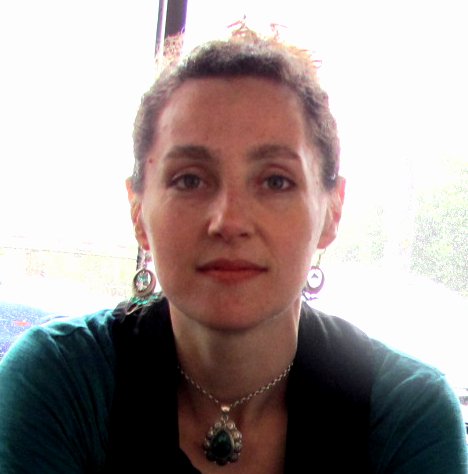Increasing EAP effectiveness through existing relationships
Employee Assistance Program (EAP) sessions (one-off or short term counselling to workers within their organisation) appear to be much more effective where there is already a solid, trusting relationship between the staff member and the EAP counsellor. An essential component of any counselling is a positive relationship between the client and the counsellor. Openness and honesty about often painful or distressing issues, requires first of all, that the client feels safe and respected and trusts the counsellor.
I have a long-term relationship with a number of welfare organisations. I am connected to them but remain independent. These organisations employ me to supply their staff with on-going group supervision to help them to better manage the personal impact of complex and demanding client-related work. While the main purpose of these sessions is staff support and skill development, I have begun to see an important secondary benefit both for me and for the organisations I work with.
By spending regular, purposeful time with these staff groups I get to know the way the organisation works, I become acquainted with many of the staff and they get to know me. By the time one of these workers requires individual counselling about their work or personal life, I have an existing knowledge of them, of their beliefs and capacities and how they may engage in the counselling process. In the same way, the staff member already knows how I work, how I communicate and most importantly, whether I am reliable and trustworthy.
When these workers come to see me, they generally have a positive warm-up towards the idea of counselling before they arrive and they already have some idea of what to expect. From their prior experience of me personally, as group facilitator, they know exactly what will remain confidential and they know that I can be trusted to respect these boundaries and to tell them up front about any reporting requirements or limits to confidentiality. As a result, we can immediately start working on the actual issue they have come about, rather than spending time scoping each other out.
Once we are working together on the identified problem, my prior knowledge of the individual assists the counselling process to go deeper, in a relatively short period of time. This means that I can challenge them, gently and respectfully, and the client is comfortable with this. This is both because they trust our relationship and because my challenging is based on the evidence of what I know and have seen over time, not just on what they have told me. Substantial shifts can occur, resulting in their increased well-being and in their restored functioning back at work. Our prior relationship also allows me to explore and test out the dynamics and concerns relating to the individual in the context of their organisation, based on a genuine knowledge of these often complex dynamics.
I am not suggesting that these individuals would not also work well with another counsellor, only that when they come to see me, an essential building block of effective counselling is already there. This has resulted in an improved service to the individuals involved and to their employers. Generally, fewer sessions are required and their issues are addressed more deeply and more comprehensively than would otherwise have been possible. What I am seeing is that, in addition to the well-documented benefits of group supervision, there is an unintended but substantial benefit of increased effectiveness of EAP, when this is provided by the same person.
Lisa Derham



